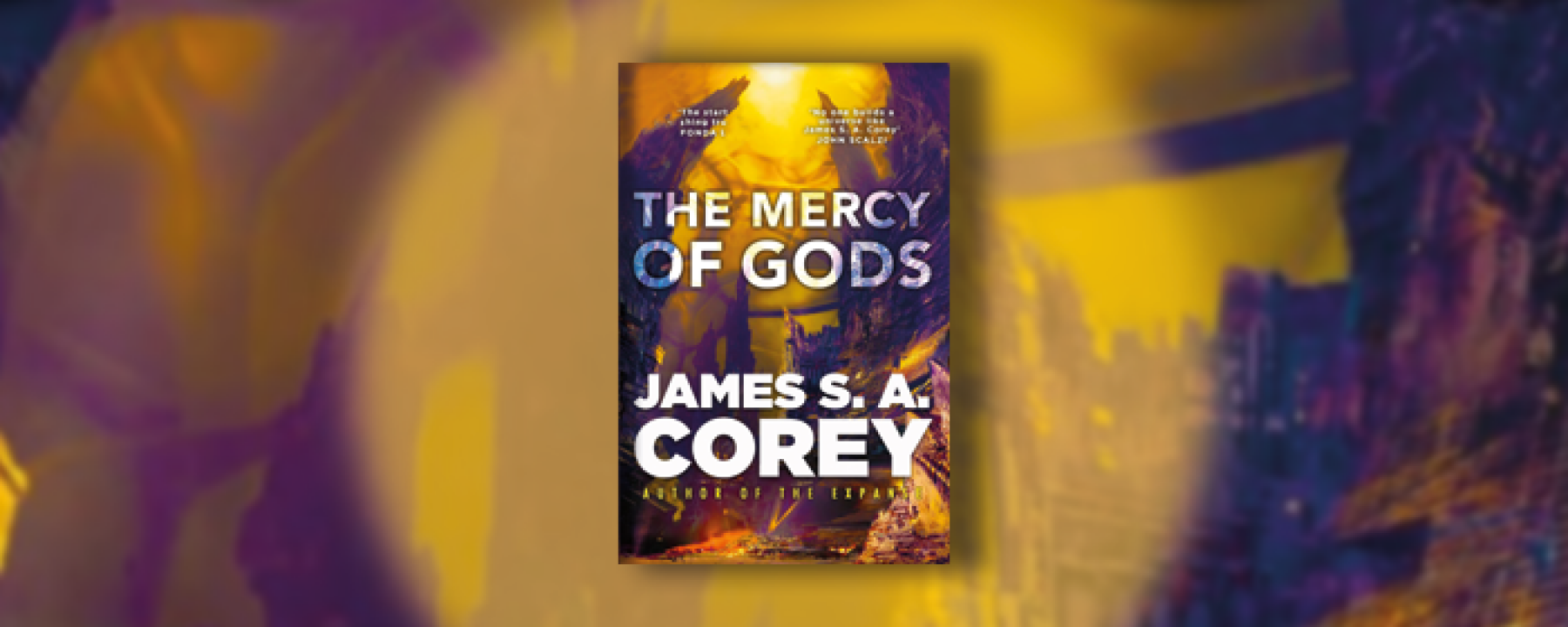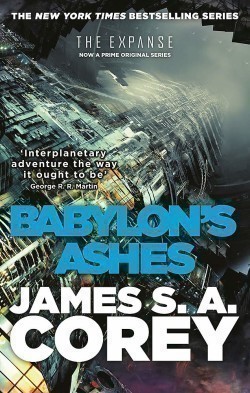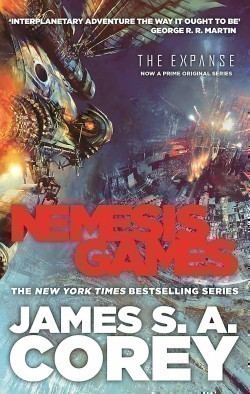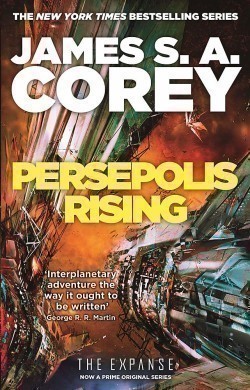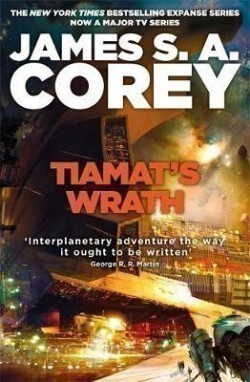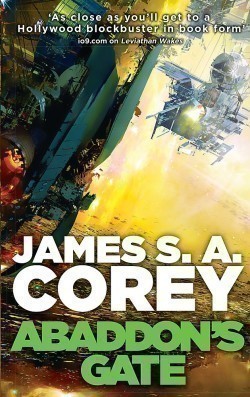Famous writing duo showcasing their worldbuilding skills.
Prisoners of alien wars fight for their lives.
James S. A. Corey at his best – a new space opera phenomenon on the horizon.
The Mercy of Gods
The Mercy of Gods
When I heard about The Mercy of Gods – the first installment in the new Captive’s War series by Daniel Abraham and Ty Franck (the writing duo responsible for the 9-volume Expanse space opera) – I rejoiced. Which was promptly followed by doubts. Would James. S. A. Corey be able to fill his own Expanse shoes?
I’m happy to report that I needn’t have worried.
The Mercy of Gods, unlike The Expanse, develops gradually as it introduces a group of scientists. The politics of allocating resources for scientific experiments, team rivalry, and interpersonal conflicts all require the reader’s full attention to keep up with a steep world-building curve typical for these authors. And if that isn’t enough, the Carryx – a seemingly omnipotent alien civilization enslaving the less evolved – is lurking right around the corner, leaving no doubt as to how they feel about other kinds of civilizations. Mere mortals can never measure up to gods.
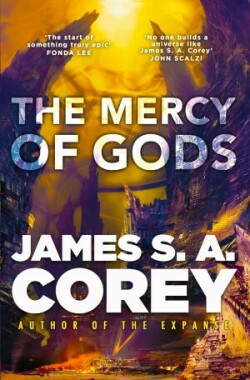
Mercy of Gods
Corey James S. A.Why aren’t people fighting back? They tried to resist at the beginning of the invasion, clearly taking their inspiration from the Starship Troopers: “Nuke ‘em Rico!” The result? The Carryx annihilated one-eighth of the human race. So…farewell, human superiority.
It might seem that the topic of concentration camps is saturated but the authors beg to differ. The Carryx enslave humankind and denigrate it to the company of other “inferior” races, which they’ve already been exploiting. The human scientific team is facing a new challenge. While attempting to uncover what is truly going on, they also try to prove to the Carryx that not only are humans capable explorers, but they are worthy opponents in the fight for their favor. No mean feat, since extraterrestrial races don’t hesitate to use the most heinous means (incendiary bombs and murderous schemes) to achieve their ends. Adrenaline gushes into the scientific environment, successfully denying the scientist what they value most: focus.
“Are you here?” she asked. “Are you back now?”
Campar´s eyes found her. The little laugh that came out of him didn´t have anything to do with humor. “Not… Not entirely Jessyn. Did you know? There´s aliens?”
“Yeah. It´s hard. I know.”
“They look like giant seafood and centipedes made out of knives and they killed us and carried us off, and . . . And we´re . . . we´re just acting like . . . we´re doing . . .”
“Yeah. We are.”
“Like nothing happened. Like this is normal.”
“It isn´t. Nothing is normal normal.”
Campar shook his head and whispered. “I´m not all right. I´m not well.”
The differences between The Expanse and The Captive’s War are significant. The intergalactic battles full of spaceships are replaced by something that delves far deeper into the human soul. In The Captive’s War, emotions, psychological development of the characters, and their motivations play prim. Layers of sophisticated scientific debate make, at least in my eyes, The Mercy of Gods a work of “hard” sci-fi. Which might be the Achilles heel of the series. I fully expect a twofold reaction from fans of The Expanse to this new series: either they’ll find themselves a bit frustrated by the lack of epic battles or they will be elated by James S. A. Corey fully focusing on what he arguably does best – crafting unique and undiscovered worlds. And if that’s not tempting enough, you also get to spend a part of the narrative in the heads of the aliens themselves. And what’s not to like there?
Your fight for survival begins. There are rivers of bodily fluids everywhere and the monkey-like night drinkers are the least of your problems.




